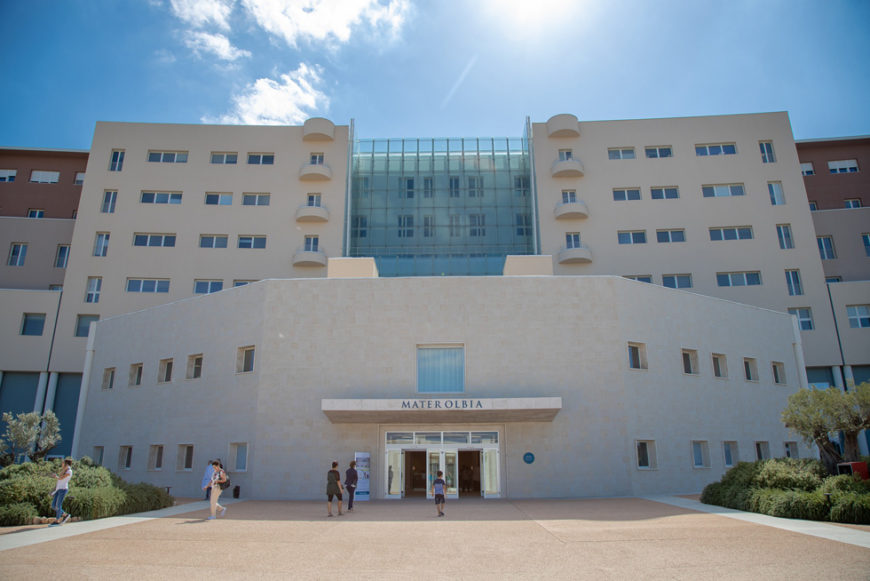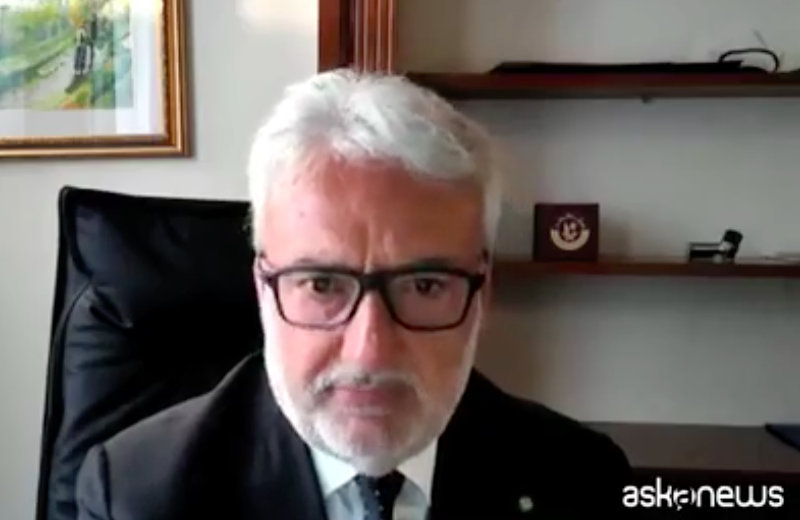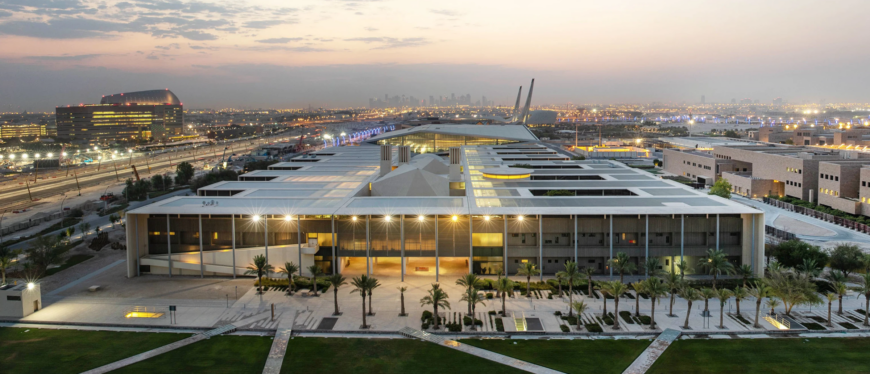A major part of Qatar’s National Vision 2030 is to develop a knowledge-based economy and a “world-class educational system.”
By analyzing data from LinkedIn, we are starting to see some promising results.
For those who don’t know, LinkedIn is a place where people post their resume and make connections and also where employers post job openings and recruit. The number of people on LinkedIn is 600 million; for comparison, that’s bigger than Twitter.
Why are we talking about LinkedIn? Hang on, you’ll see in a minute.
LinkedIn was started in the U.S. in 2003, expanded overseas in 2008 to the UK and eventually around the world. In 2015, they launched in Arabic for the first time, and now it’s widely used in the GCC.
Based on our research, we uncovered a surprising statistic…
There are more university graduates in Qatar per capita than in the UK. 
That was definitely not the case prior to the creation of Education City.
Education City has a campus several times larger than the Municipality of Monaco
Education City is the flagship project of Qatar Foundation, which began in 1995 by the former ruler of Qatar, His Excellency Sheikh Hamad bin Khalifa Al Thani and Her Highness Sheikha Moza bint Nasser who is the current Chairperson. In developing Education City, they sought to build a societal infrastructure to diversify from a resource-based economy to a knowledge-based economy.
Hello Qatar briefly spoke with former U.S. Ambassador to Qatar, Patrick Theros, about the early days of Education City. Topics discussed included how to get an American college education without the difficulty of going to the U.S., how to determine success, and how the idea of branch campuses in Qatar constitutes, “The best thing American higher education has done in my lifetime.”
Students who are accepted at one of the many universities are allowed to study across universities – bringing to light the idea of a multiversity. The branch campuses strive to ensure that students receive the same degree and diploma from the University home campus as the curricula are identical. The biggest difference is the location.
Centrally located between East and West, Qatar offers 80 countries a visa-free waiver program as opposed to only 39 countries offered by the U.S.
In addition to Qatar University, founded in 1973, there are several international Universities in Qatar. Of the 16 Universities shown in the image, 9 are inside Education City (HBKU, Georgetown, Northwestern, Cornell, Texas A&M, VCU, Carnegie Mellon, UCL, and HEC Paris).
The Washington Post referred to Education City as an “Academic Oasis.” With 6 major U.S. universities, Qatar is home to more U.S. college campuses than anywhere outside of North America.
Future Leaders Program
In addition to educating Qatar’s youth, Education City can be a powerful force beyond Qatar’s borders. Imagine if you could embrace the future leaders of countries and introduce them to study at Education City.
How?
Focus on the top-ranked high schools in capital cities. Geofence advertising (see below) makes it possible to disseminate a video about the world-class universities in Education City. These ads can show the video to the smartphones of students at the best schools in the European capitals of Berlin, Brussels, London, Paris, Rome, and Vienna.
How geofencing can be used to raise awareness about Education City
By raising awareness and offering attractive scholarships, Education City will inevitably attract some number of students to study in Qatar. This will help to establish deeper bonds of friendship and enhance relations in immeasurable ways for years to come. To learn more about geofencing contact info@bluefortpr.com
Upon Graduation
Almost 70 percent of Qatar’s higher-education graduates are women, according to the Ministry of Foreign Affairs, and in 2019, Texas A&M in Qatar graduated its 1000th engineer!
n the Workplace
Upon entering the workplace, many graduates take up careers in a variety of fields. The categories of jobs can be segmented into approximately two dozen job codes, according to LinkedIn. For Qatar’s alumni, the most common job categories are: Operations, Business Development, Engineering, Research, IT, Communications, HR, Finance, and Administration.
The companies that have hired graduates from Qatar’s many universities are among the biggest in the world. They include not only local companies such as Qatar Foundation, Qatar Petroleum and Al Jazeera, but also international heavyweights such as Microsoft, Amazon, and Google as well as ExxonMobil, Deloitte, Vodafone, and many more. The image below highlights some of the companies we encountered in our research. For more in-depth information on Qatar’s alumni network contact info@helloqatar.co
As you can see, the alumni not only work in Qatar but across the region and around the world. They are at work on every continent in countries ranging from Canada to New Zealand and many places in between.











